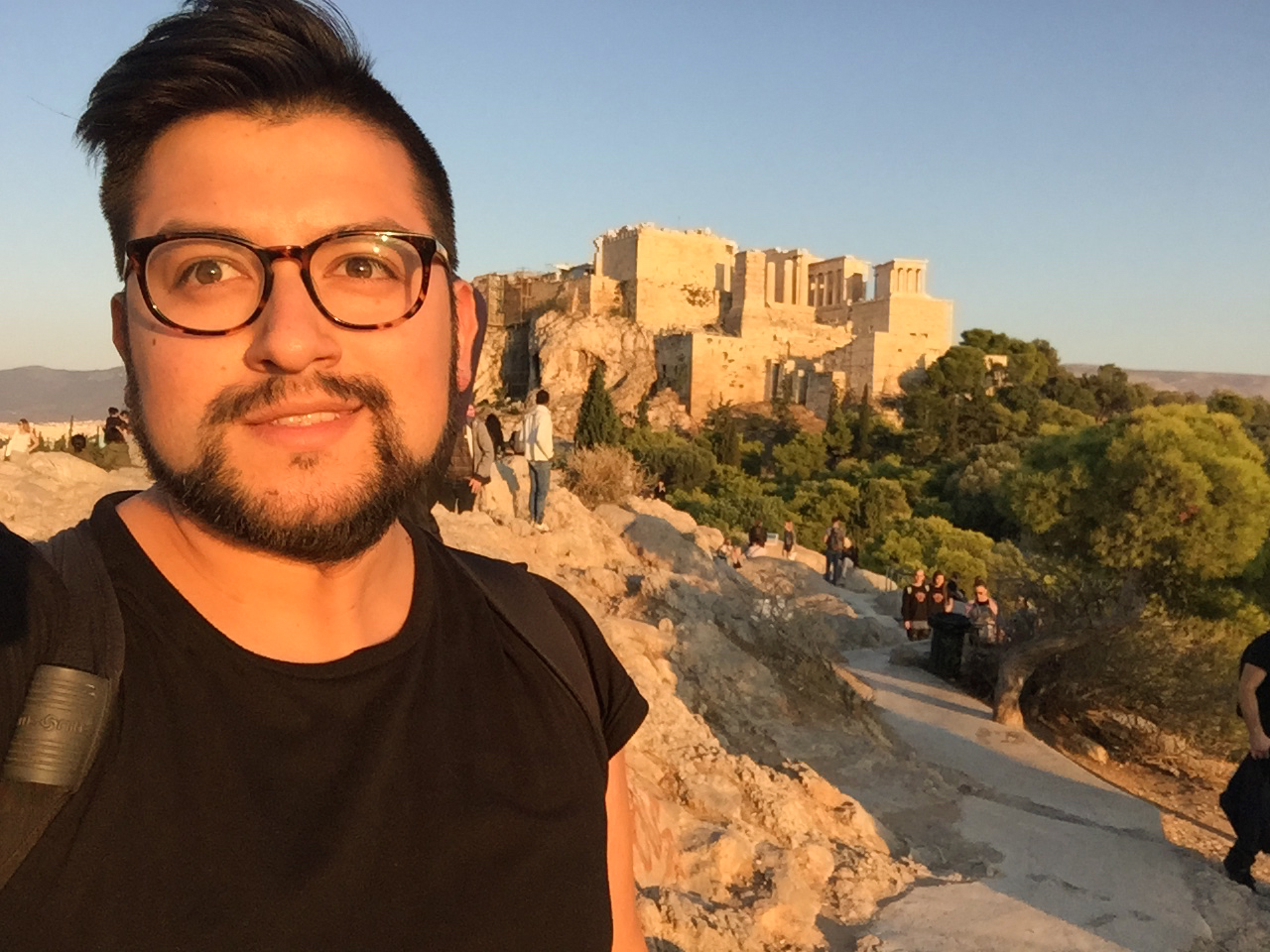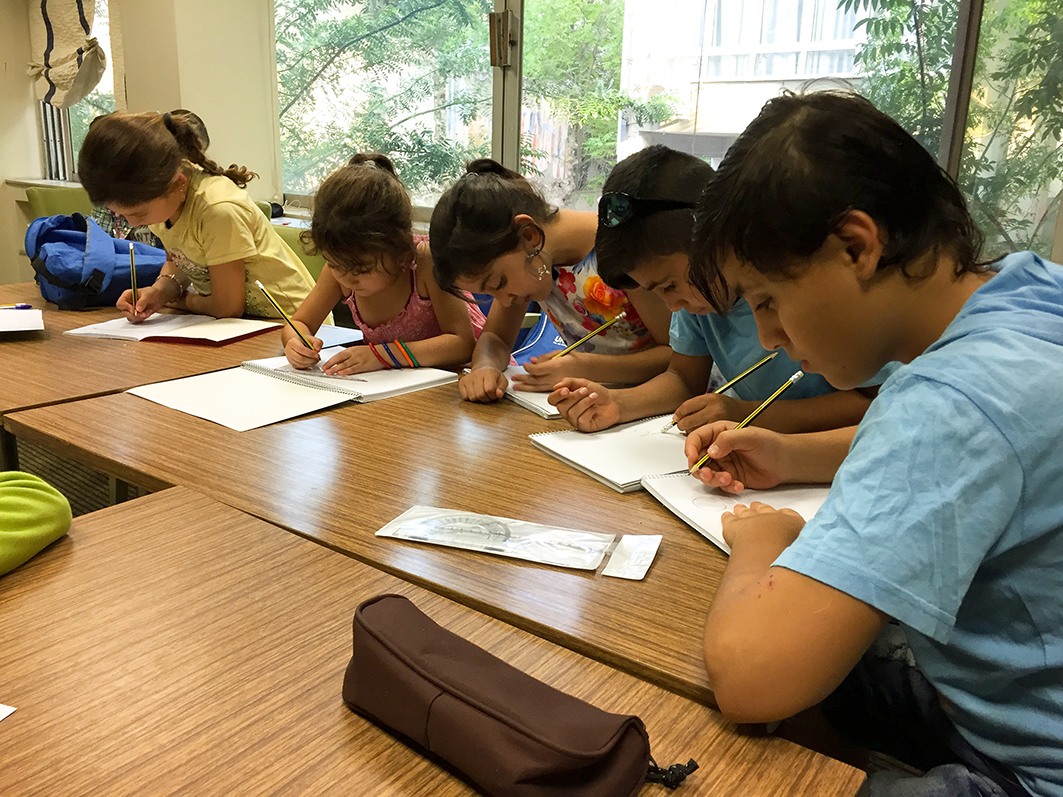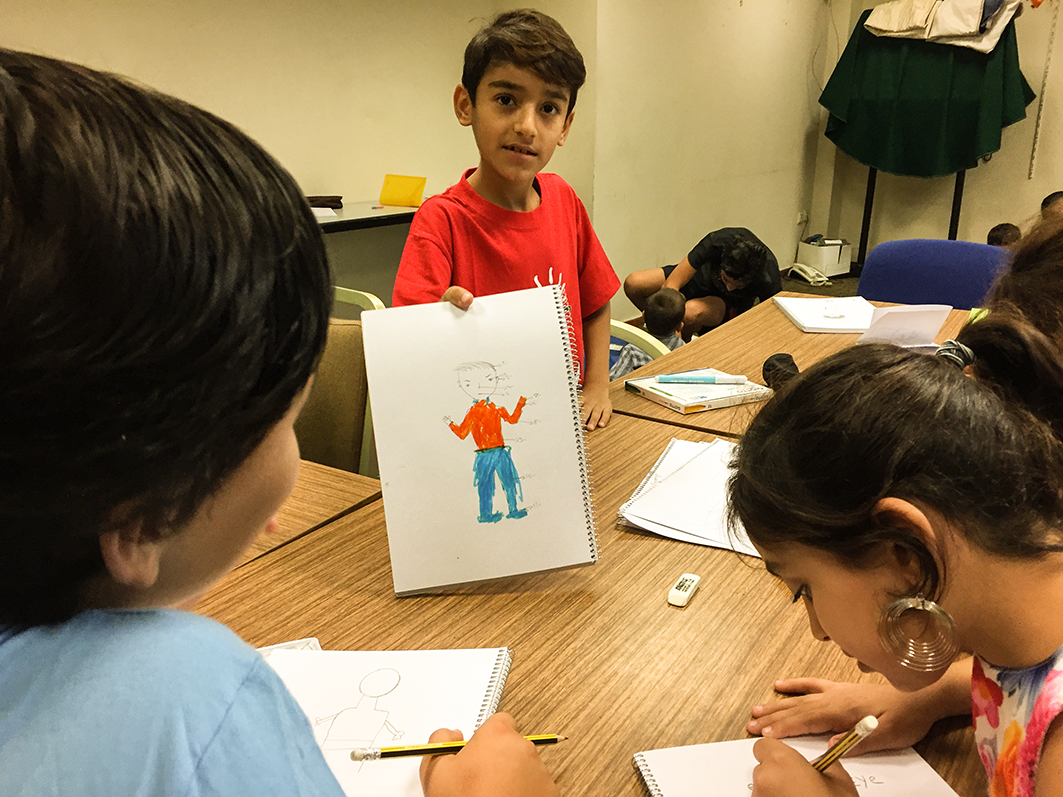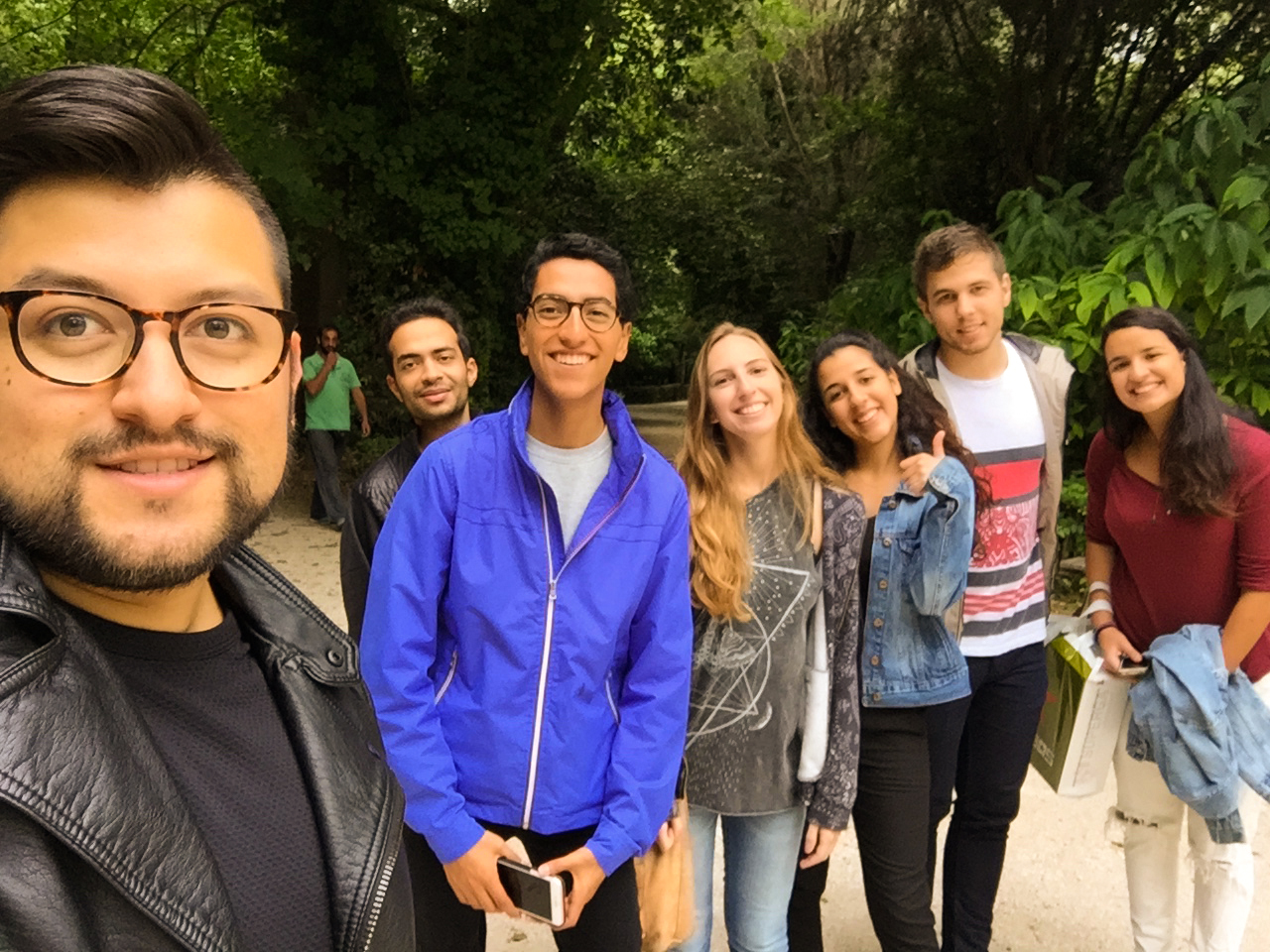I spent a lot of time over the last few years watching the world face many different challenges – from lacking water resources, global health and international security, to sheer violations of right, there’s always bad news waiting to be delivered, always something going astray.
Social media allowed me to gain insight into how the people around me handle these issues, into what they think and what initiatives they follow in order to help close the gaps. Although inspiring, I always felt the need to do more – the question of how exactly I could make a contribution and really create an impact lingered in the back of my mind for a while. My final purpose? Taking action in order to make the world a better place, for everyone.

The question of what you can do to contribute can put you in a strange position at first – you realize you have the freedom to help because of the privileged position you find yourself in. But what about others? What about those who can’t fight for themselves? Human rights should be a given for every inhabitant of this world, whatever the nationality, sex, ethnicity, race, religion, language or any other status. In the end, we’re all equally entitled to live safely, decently, without discrimination.
It’s upon realizing these things and starting to research more when you start asking yourself the hard questions – if rights really are something everyone inherently possesses, why did the UN Refugee Agency report that by the end of 2016 more than 65.3 million people worldwide were forcibly displaced? If we are indeed all the same, why the mind blowing differences between us?
63 million people not only a heart-wrenching number and a warning sign for all of us, but also the reason why I advocate for the Sustainable Development Goals and why I embraced the opportunity to work as a volunteer in Greece, contributing to SDGs #4, Quality Education, and #8, Decent Work and Economic Growth.

Over the last 2 years, 1.3 million people fleeing conflict and persecution have traveled through Greece, looking for safety and a better life in Europe. Right now, the country hosts more than 68.000 refugees, asylum-seekers, and internally displaced people, all of them dreaming to rebuild their lives in a dignified and safe environment.
During my first days in Athens, I visited more than five refugee shelters, which hosted between 20 to 350 people from Iran, Afghanistan, Syria, Somalia and many others. My main mission? To analyze the current status and design a curriculum, in order to teach English and Spanish to children ranging from 6 to 18 years old, as well as to adults between 25 and 43 years old. Moreover, within this, to create lessons that would prepare them to face and adapt to a new culture, an education plan that was to become a tool used for survival in a brand new world.

The time I spent in Athens taught me that simple things matter, that just by teaching the English alphabet you can completely change people’s perspective. Equipping someone with the ability to build simple dialogs or to ask questions on the street can completely transform their perception of reality, especially when in an unknown place. Adjacently, I helped design workshops for career development. During the process of adapting to the new culture, refugees are allocated to different territories, where they need to start looking for jobs, with the objective of being reintegrated into the society. The trainings we held helped them understand their strengths better, as well as how to build upon them and follow their ambition in life.

During the second part of my experience, I had the opportunity to work with different NGOs in implementing processes and designing canvas models that would increase the employment rate for projects that have to do with the history and immediate needs of the country. For the first time, I wasn’t learning by reading the news or watching TV, but by witnessing the true Greek culture. Philoxenia, or, in translation, a friend of a stranger, is the concept that lies at the core of the Greek way of life, where hospitality is immensely valued. The same sense of hospitality that pushed the country to accept, to welcome and to help thousands of people fighting for their dignity, for a second chance miles away from home.

Being a volunteer allowed me to better understand how one single person can make a remarkable impact, how education can really unlock the potential of every one of us and empower people to fight for more. It made me realize that, no matter where you find yourself, you can contribute to change if you have the right mindset, if you believe in your ability to make a difference. More than anything, Greece provided me with proof that small, but purposeful actions can and will change the lives of people worldwide, as long as we remain committed.
Go to #Youth4GG to watch the episode about Diego’s experience.
7
Leave a Reply